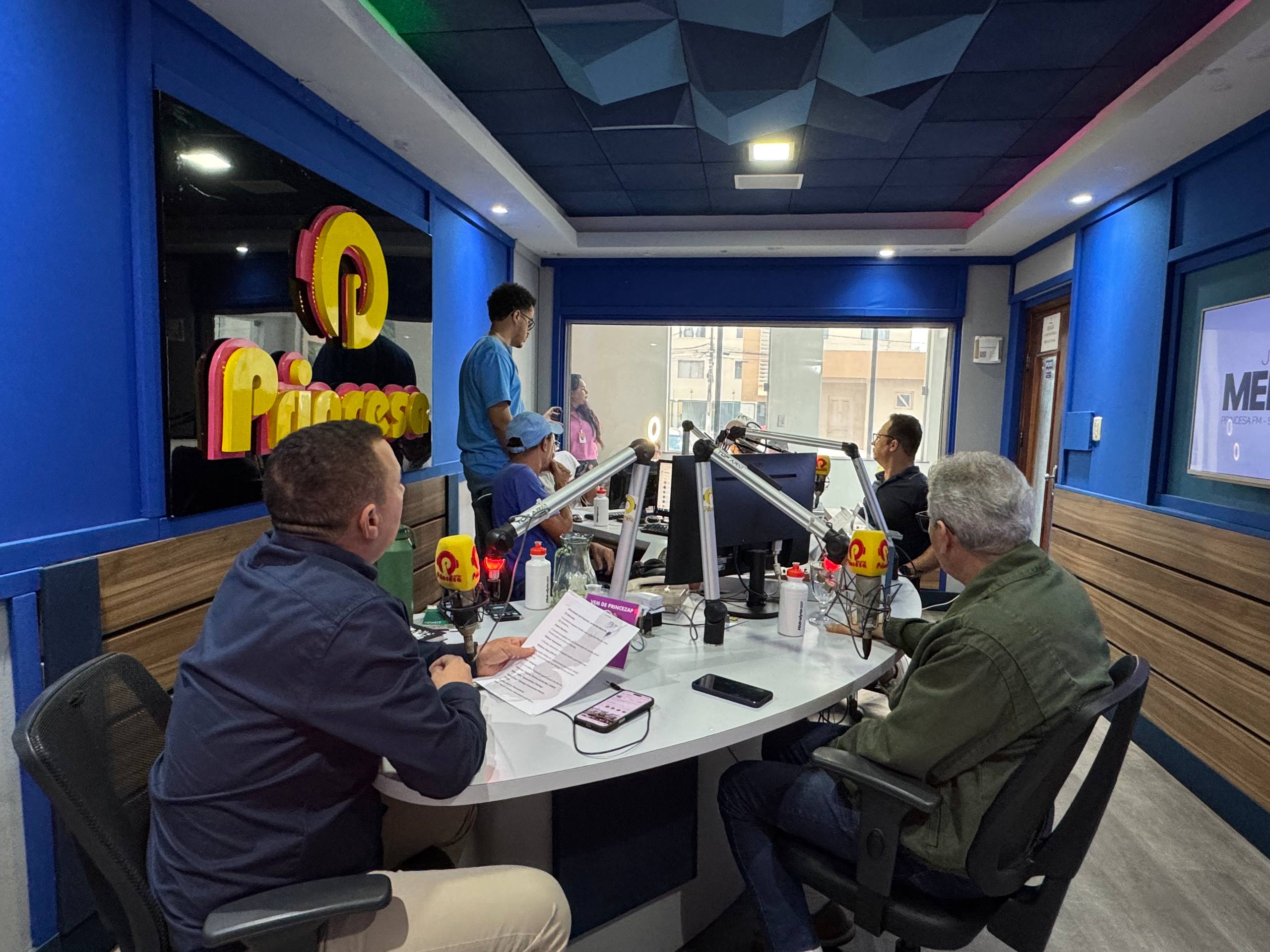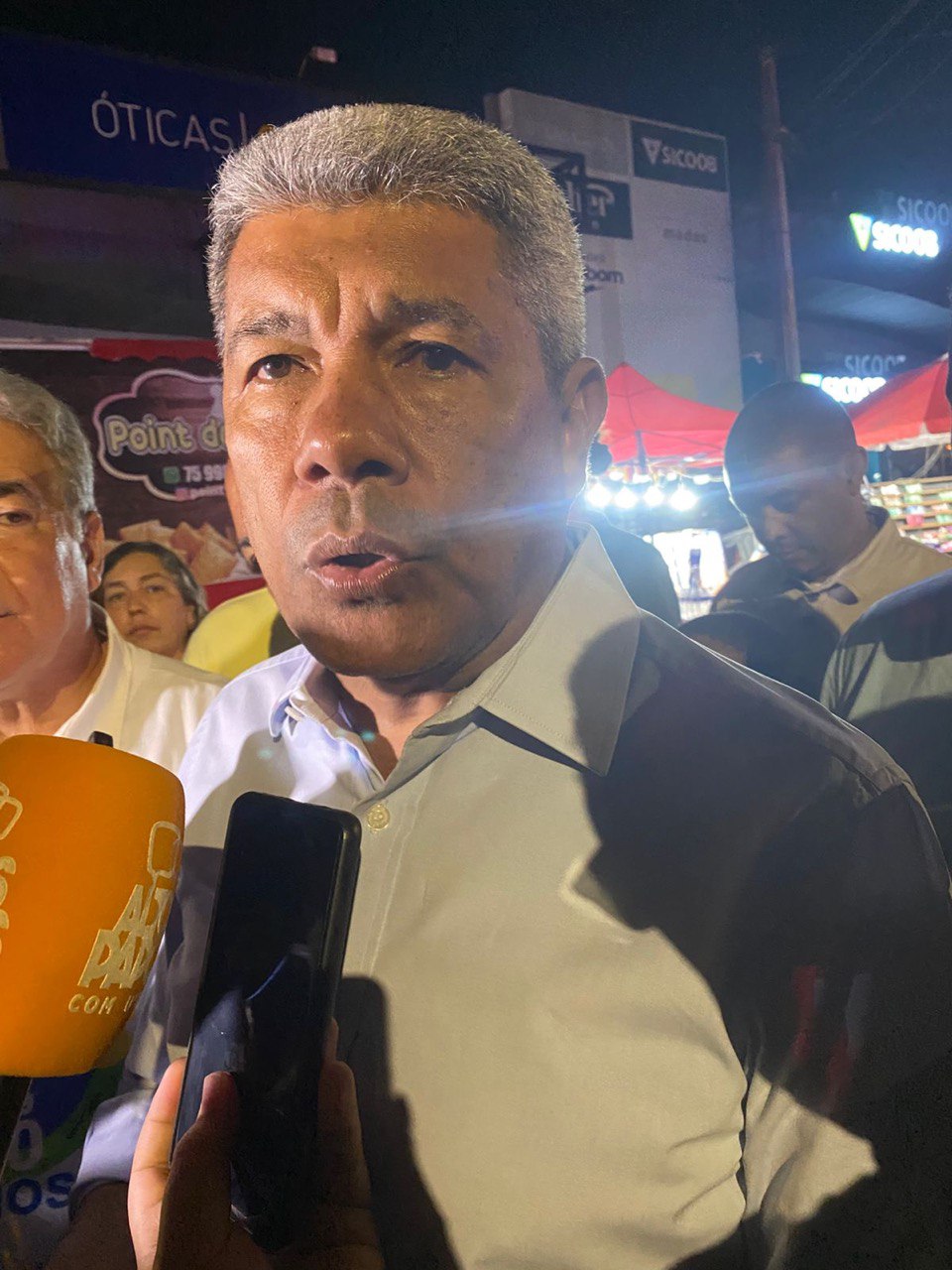Education: The Key to Opportunities
A Comprehensive Perspective on Education Education is broadly conceived as the process of receiving or giving systematic instructions, predominantly at a school or university. Yet, it surpasses the narrow view of being confined to the theoretical knowledge imparted in classrooms. Essentially, it represents a constructive process of learning and growth that extends beyond books and […]
A Comprehensive Perspective on Education
Education is broadly conceived as the process of receiving or giving systematic instructions, predominantly at a school or university. Yet, it surpasses the narrow view of being confined to the theoretical knowledge imparted in classrooms. Essentially, it represents a constructive process of learning and growth that extends beyond books and school walls into every facet of life.
Education: A Fundamental Right
Recognized as a fundamental human right, education serves a dual function – it is both a development enabler and a self-standing development objective. It is a critical instrument for bringing about social change, not only by fostering a greater understanding of equity and justice but also in bolstering economic development. Through education, individuals acquire the necessary skills and knowledge that improves their quality of life and allows them to contribute positively to society. Furthermore, educated populations are generally healthier, have a lower propensity to commit crimes, and an increased willingness to participate in democratic processes.
The Divisions of Education
Education is typically divided into various categories such as pre-school, primary school, secondary school, and then college, university, or apprenticeship. These stages can be further categorized as formal, non-formal, and informal types of education. Formal education usually takes place in structured environments explicitly designed for teaching/learning, led by teachers following a curriculum. Non-formal education can be any organized educational activity carried out outside the established formal system. Informal education typically occurs in the natural process of human interaction and experience, transcending structured and professionally-led environments.
The Modern-Era Shift in Education
Modern society has seen a significant shift in the methods and means of education, most notably with the advancement of technology. The use of digital learning platforms and resources, often referred to as e-learning, has revolutionized education, rendering the process more accessible, efficient, and flexible. Today, one can learn virtually anything, anywhere, anytime. While this form of education comes with its challenges like limited face-to-face social interaction and possibility of reducing focus, it presents an incredible opportunity to democratize education worldwide.
The Importance of Education in Global Context
In the global context, education plays an instrumental role in resolving many of the world’s pressing issues. Eradicating poverty, combating climate change, achieving gender equality, improving health standards, and fostering peace – all tenets of the United Nations’ Sustainable Development Goals can directly or indirectly be aided by promoting inclusive and quality education. Arguably, education is the cornerstone of sustainable development, and the need of the hour is to recognize and act upon this realization.
To further understand these topics, language barriers should not stand in the way. The link to a translator tool is provided to ensure accessibility to these global discussions for non-native English speakers.
Education: A Lifelong Journey
The idea of education extends beyond the traditional school environment and formal or informal learning. It is continuous, lifelong, and limitless. It begins from the moment we are born until the last day of our lives. It nurtures an individual’s mind and soul, fostering a culture of curiosity, creativity, and thirst for knowledge. Every person, every experience, every interaction in our lives teaches us something, adding to our education. This fluid and evolving understanding of the concept of education makes it one of the most potent tools for personal and professional growth as well as societal transformation.
Conclusion: Embracing Education
Education unlocks the door to opportunities – it empowers individuals, strengthens communities, and builds nations. The ability to think critically, solve problems, adapt to change, and understand the world around us are essential in the present world, and education is the key that can imbue these abilities in individuals. As we strive to build a more inclusive, equitable, and sustainable world, it is crucial to remember that at the heart of this endeavour lies the power of education.







